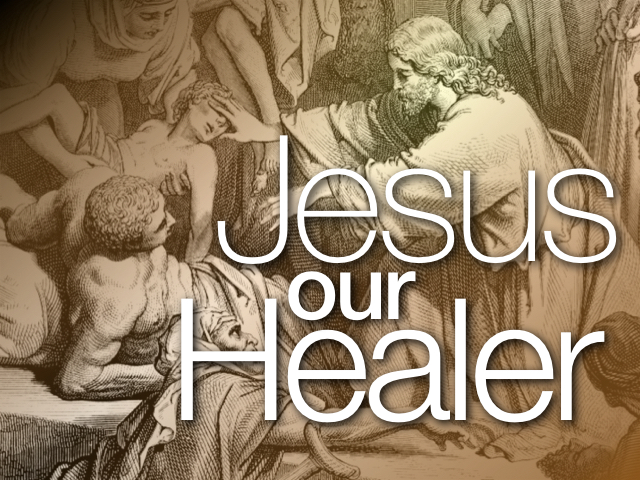
Mark 6.53-55,
Matthew 14.34-36,
John 6.22-24.
Sometimes I gotta remind people the authors of the gospels weren’t writing biographies of Jesus; they weren’t writing histories, though there’s plenty of historical stuff in there. They were writing
So the gospels aren’t written in chronological order—though they will record Jesus’s birth or baptism first, and death and resurrection last. That’s why they won’t always line up.
This is why, after
- Mark heads south to Khinnerót (
KJV “Gennesaret”), a town about 8km from Capharnaum. - Matthew goes along with Mark.
- John goes to Capharnaum.
Readers get their choice as to how to interpret this divergence. Some skeptics claim this is a flat-out contradiction: Jesus was either in Khinnerót or Capharnaum, and you don’t get to say, “Well, Capharnaum is close to Khinnerót”—nope; Jesus is either in one place or t’other, not both. Others point out this doesn’t need to be a contradiction—maybe Jesus landed in Khinnerót, then walked the 8 klicks to Capharnaum, and by the time people found him in John he was home.
Well anyway, let’s get to the gospels.
John 6.22-24 KWL 22 In the morning,- the crowd who stayed on that side of the lake
- saw the other boat isn’t there—
- the one boat Jesus entered with his students—
- but only his students went away.
23 But boats came from Tiberias- near the place where they ate bread,
- when the Lord gave thanks.
24 So when the crowd see Jesus isn’t there,- nor his students,
- they enter the boats
- and go to Capharnaum,
- seeking Jesus.
Meanwhile what’s Jesus been up to while the crowd is seeking him? This:
Mark 6.53-55 KWL 53 Crossing over to the land,- they come to Khinnerót and moor.
54 As they’re coming out of the boat,- Jesus is immediately recognized.
55 People run round that whole region,- and begin to bring, on their beds,
- those who have anything wrong with them
- to wherever they hear Jesus is.
56 Wherever Jesus enters,- into villages, cities, or countryside,
- they’re laying the sick in the marketplaces,
- and encouraging Jesus
- that they might touch the tassel of his cloak—
- and as many as touch him are cured.


